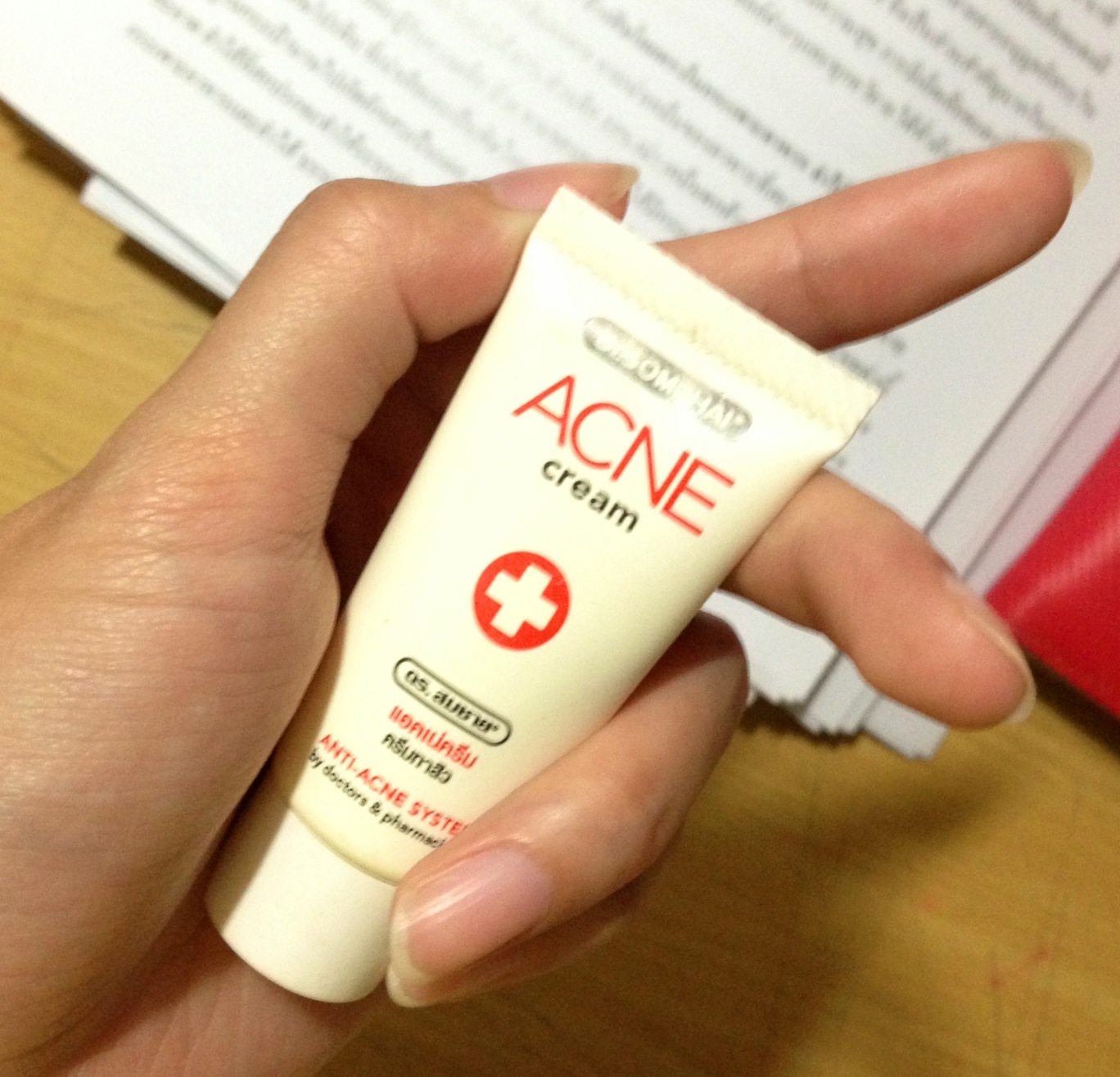

Some people use ketoconazole shampoo every 1 to 2 weeks for months, or even for years, to stop dandruff or seborrhoeic dermatitis returning.
Antifungal cream acne skin#
When the infection is under control again, you can continue to use ketoconazole shampoo less often, so the skin infection does not come back. You can usually use ketoconazole again if it worked well before. Side effects of ketoconazoleĭandruff and other types of seborrhoeic dermatitis can come back. If you use too much ketoconazole shampoo or cream, or use it more often than you need to, it may make your skin irritated or red. If you forget to use your ketoconazole cream or shampoo, just skip the missed dose and then keep to your usual routine. If it gets into your eyes or mouth, rinse them with water. Try not to get the shampoo into your eyes or mouth. Leave the shampoo on for 3 to 5 minutes, then wash it off with water.If you're treating your scalp, massage the shampoo into your scalp until it makes a lather.Shake the shampoo bottle, then squeeze a small amount onto the infected area.Rinse your hair or the infected area of skin with water.This gives the ketoconazole time to be absorbed into your skin. After putting on the ketoconazole cream, wait 30 minutes before you use different products on the same area. If you're using any other creams, ointments or lotions on the same area of skin, do not put them on at the same time as ketoconazole cream. This stops you spreading the infection to other parts of your body or other people. If it does get into your eyes or mouth, rinse them with water.

Be careful not to let the cream get into your eyes or mouth. You'll usually need a small amount, depending on the size of the area you're treating.

Use the cream once or twice a day on the infected skin and surrounding area. How often to use cream for athlete's foot, jock itch and sweat rash How long you use ketoconazole for and how often depends on the type of skin problem you have. It's also found in many oral supplements in order to increase good bacteria in the gut, she adds.Always follow the instructions that come with your medicine, or your doctor's advice. (Fun fact: It's not just for topical use. "It's used as an active ingredient or part of an active ingredient in many topical antifungal treatments," explains Rabach. While some might think it's an acid like glycolic or salicylic acid, undecylenic acid is actually a fatty acid, an unsaturated one that's already naturally-found in the body. Rabach adds that combining undecylenic acid with zinc may also help minimize the potentially irritating side effects that the ingredient might cause.ĭon't use with: According to Rabach, there's no data showing that it's problematic to use it with any other ingredients. This combination provides a soothing and healing environment for the skin, which can become irritated from a fungal infection, says Greenfield. Works well with: It works well with and is often formulated with zinc. How often can you use it: Most over-the-counter products can be applied twice daily. Who should use it: Individuals with diagnosed fungal skin infections can benefit from using an anti-fungal topical treatment containing undecylenic acid, says Rabach. Main benefits: Prevents and eliminates topical fungus


 0 kommentar(er)
0 kommentar(er)
